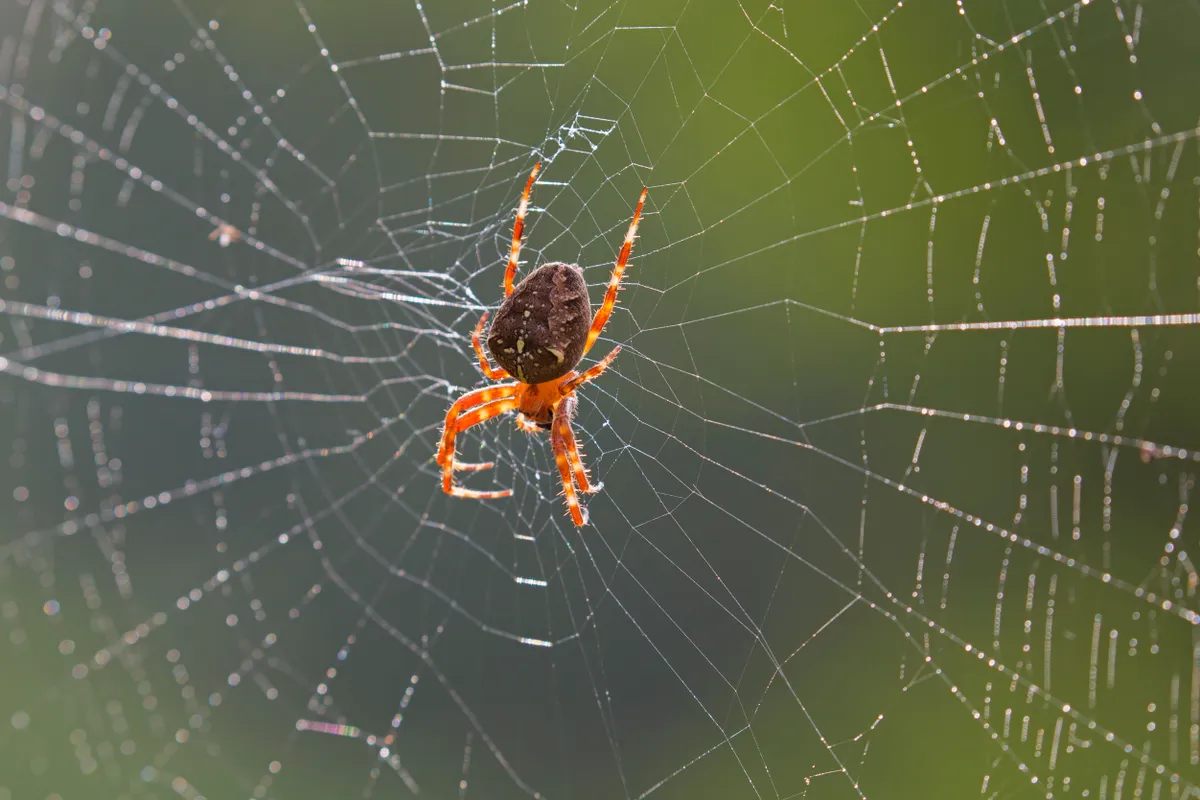Research from the Royal Horticultural Society has shown that gardeners should embrace their lawn bald patches.
According to the study, the odd bald patch in beds and lawns can help to support certain wildlife. The Plants for Bugs study saw a team of researchers from Wisley exploring the needs of ground-dwelling invertebrates in gardens. Overall it was found that the more vegetation the more ground-active invertebrates, but that ground-dwelling spiders were found in greater numbers among sparser plantings.
Are spiders good for the garden?
Spiders are particularly important for the natural balance of your garden and feed on a variety of prey including midges and sap-sucking insects. Planting smaller, younger plants and letting them fill out as well as embracing the occasional bald patch of earth offers an important variation in habitat.
The research also showed that evergreen plants, such as holly, Christmas box and pittosporum were found to provide important shelter in the winter months for a range of invertebrates including ladybirds, springtails and ground beetles.
Read more about appreciating spiders in your garden
Five tips to support invertebrates in your garden
1
Give cover
Let planting fill out, but keep some areas sparser to help specific groups notably spiders. Although not covered in this research, some ground-nesting bees also make use of patches of bare ground.

2
Plant local
Plant densely with plenty of native and near-native plants to support the greatest number of ground-active invertebrates but be prepared for more nibbled plants than exotic plant schemes.
3
Think about winter
Whatever the plant origin, try to include some evergreens in your garden to give shelter to invertebrates.
4
Decide priorities
Choosing more exotics in your planting scheme might mean it supports marginally fewer plant-dwelling and ground-active herbivores, but will mean potentially fewer nibbled plants and should help extend the season for pollinators if you choose flowering exotics.
5
Be biodiverse
Don’t limit yourself to just a few different plants - this and other studies suggest the greater the variety of plants in a garden, the richer the diversity of invertebrates it will support.
